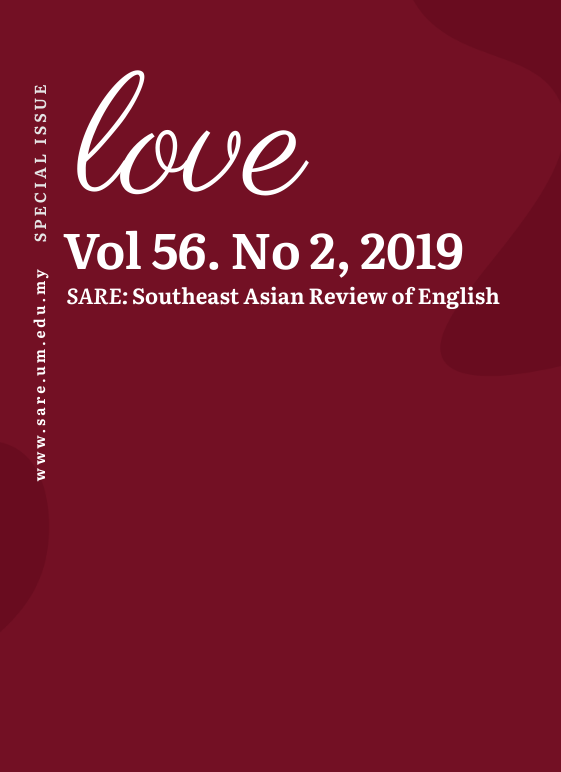Women Doing Malayness in Brunei Darussalam
DOI:
https://doi.org/10.22452/sare.vol56no2.14Keywords:
Muslim Burmat, Permainan Laut, Brunei, Malayness, Islamic patriarchy, monarchyAbstract
Muslim Burmat’s novel Permainan Laut (“Play at Sea”) (2008) explores the social undercurrents of a fishing village located in the Brunei Bay in the period just after independence. Cultural nuances are examined via representations of the female subject prescribed within the Malay language and a national culture which produces the harmonious, yet regulated, lives of gendered citizens in the sovereign Islamic nation. As a tightly-knit nation, Brunei Darussalam ascribes to the model of melayu jati (“malay identity”), which inscribes family values strengthened by the national philosophy. In this way, women’s cultural subservience and auxiliary role underscore their conformity with the “MIB” (Malay Islamic Monarchy) ethos undergirding the national polity. With Islamic patriarchal rules, women also understand that their distinctive roles are defined by social taboos regulated within the gender binary. Furthermore, the monarch’s celebrated rhetoric of himself as the “caring father” informs the family unit, where women serve under their male leaders. This paper discusses negotiations with local language, beliefs, and customs at the arrival of, and enacted by, a tourist-cum-resident woman. In her interaction with local women and eventual marriage to a local man, she assimilates into dominant Malay culture, but also discovers a lacuna that signals an aporia in the outsider-cum-insider’s impasse of Malay identity.
Keywords
Downloads
Downloads
Published
How to Cite
Issue
Section
License
Copyrights of all materials published in SARE are retained by the authors. Authors may republish their work or grant others permission to republish it. We would be grateful if republication is accompanied by an acknowledgment that the work was originally published in SARE.








